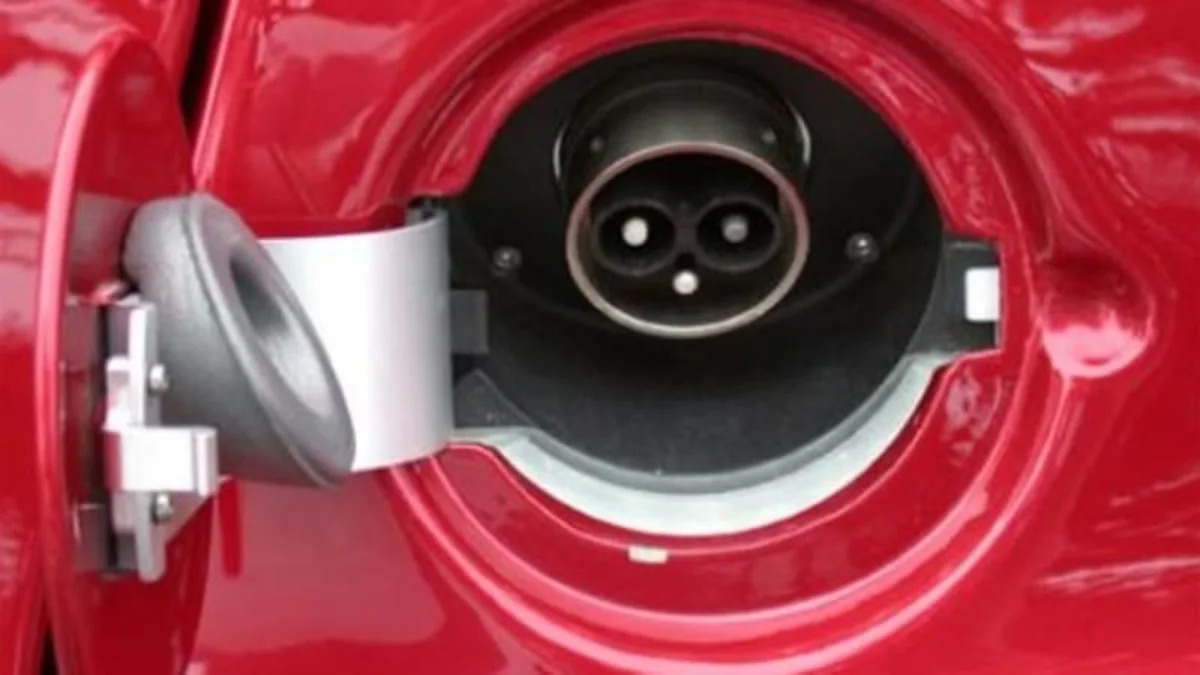There has been plenty of discussion about plug-in hybrid powered vehicles, and some Prius owners couldn't wait for official plug-in capability and converted their cars to plug-in capability with aftermarket additions. A lot of hybrid fans would love to be able to plug-in their cars at night and run on battery power more of the time. In principal this is a great idea, in practice, not so perfect. Anyone who has owned a laptop computer or an iPod or any device that uses a rechargeable battery, especially modern technologies like lithium-ion or Nickel-metal hydride batteries knows that eventually, no matter how long you leave them plugged in, they just won't charge, Batteries can only be recharged a limited number of times. The total number of charges is impacted by how deeply the battery is discharged and how frequently. Designers of hybrid vehicles put a lot of effort into designing the control strategies for running on and charging the batteries, in order to maximize the life-span of the batteries as well as the minimize the fuel consumption and emissions. The reality is customers buying these vehicles expect a relatively painless experience when it comes to durability and reliability, and the car-makers don't want the cost and angry customers that come with replacing batteries under warranty. Converting a hybrid to plug-in operation is not a trivial matter. There are a lot of competing priorities to deal with when designing a car and the crew at TreeHugger.com do a good summary the pros and cons of plug-in hybrids. Battery technology has advanced a lot in the past couple of decades, but it still has a long way to go.
[Source: TreeHugger.com]


Sign in to post
Please sign in to leave a comment.
Continue